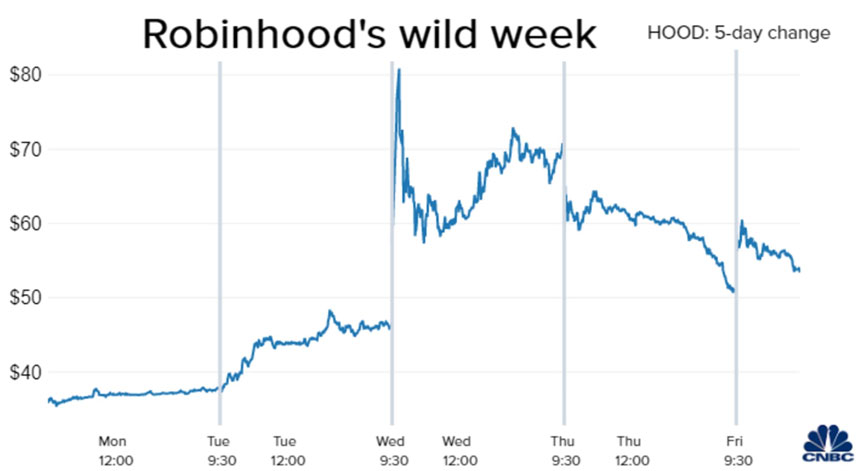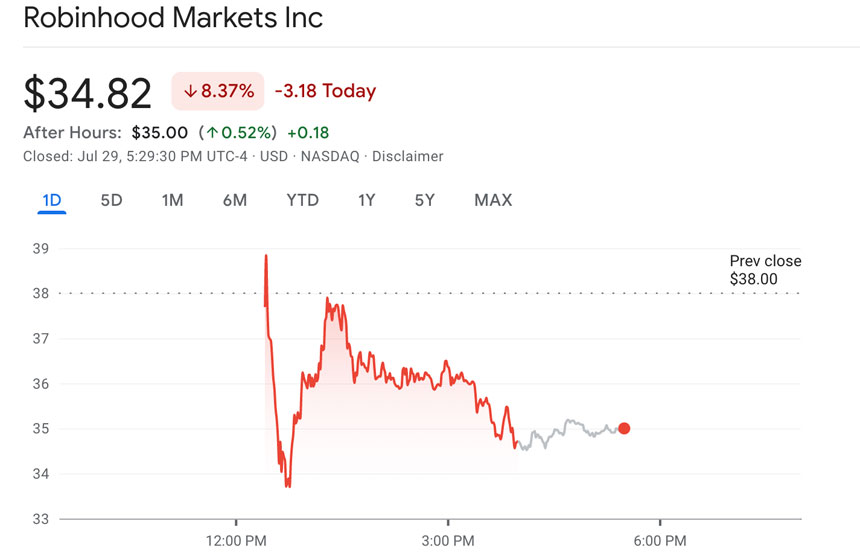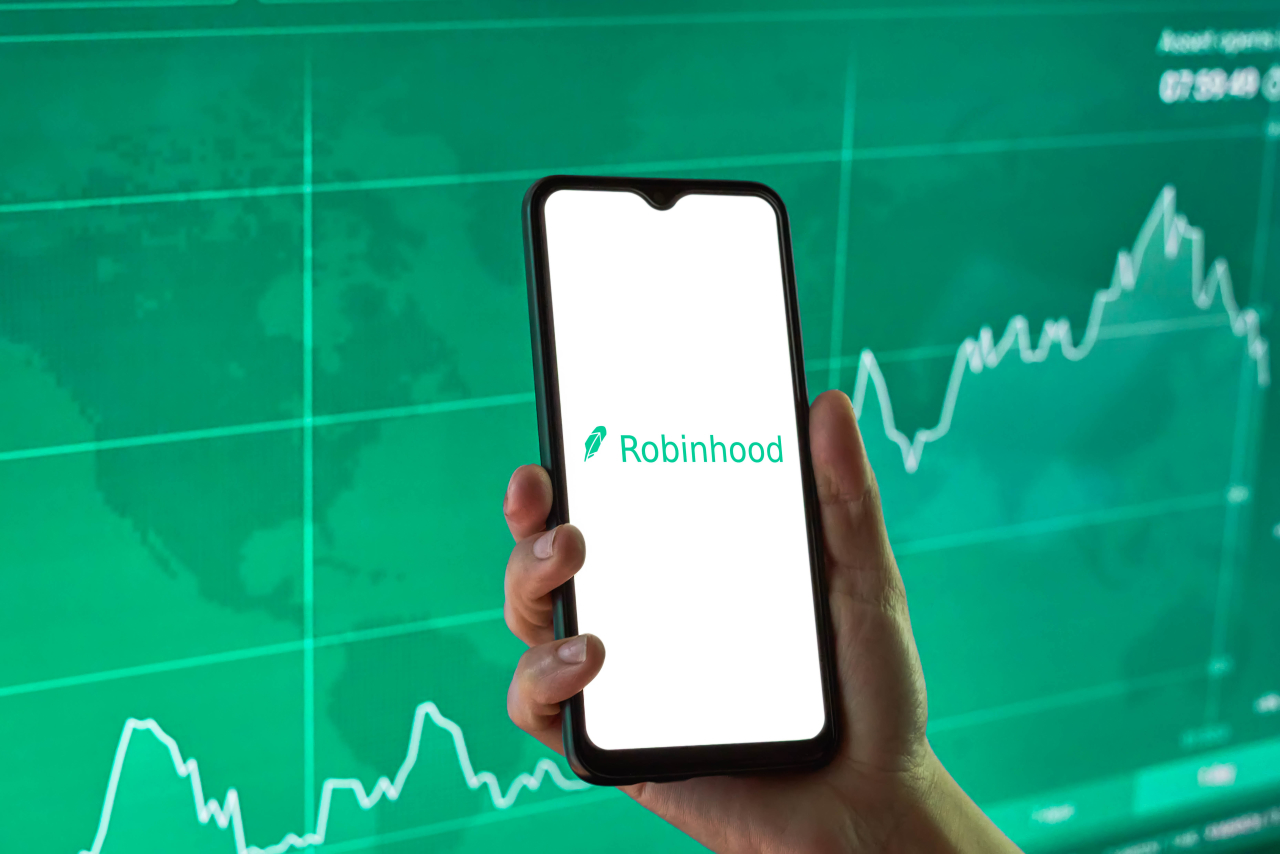In the world of investing, there are countless platforms and avenues to explore. One platform that has gained considerable popularity in recent years is Robinhood. Known for its user-friendly interface and commission-free trades, Robinhood has become a go-to platform for many investors, including those interested in real estate stocks.
In this article, we will delve into the world of real estate investments on Robinhood, exploring the various options available, the benefits and drawbacks of investing through this platform, and key tips for successful investing.
Whether you’re a seasoned investor or just starting out, understanding how to navigate the world of real estate stocks on Robinhood can be a valuable asset in your investment journey.
So let’s dive in and uncover what this platform has to offer!
Understanding REITs on Robinhood
Investing in Real Estate Investment Trusts (REITs) on Robinhood has gained popularity as a way to diversify and benefit from the real estate market. REITs are companies that own, operate, or finance income-generating real estate.
Robinhood provides an accessible platform for individuals to invest in REITs without needing large amounts of capital or direct property ownership.
The convenience of Robinhood makes it easy to research and analyze various REIT options before making informed investment decisions. The platform offers a user-friendly interface for monitoring investments in real-time and making adjustments as needed.
Investing in REITs on Robinhood can also provide regular dividend payments due to the requirement for REITs to distribute at least 90% of their taxable income to shareholders. This makes them attractive for investors seeking consistent cash flow.
However, it’s important to consider drawbacks such as potential lack of diversification compared to other investment options like index funds or ETFs. Investing in individual REITs can be more volatile due to specific market conditions or factors affecting particular properties or sectors.
Additionally, investors should be aware of potential fees and expenses associated with investing in REITs on Robinhood, including transaction fees and management fees.
Exploring Different Types of Real Estate Investments on Robinhood
Investing in real estate on platforms like Robinhood has become increasingly popular for individuals seeking to diversify their portfolios and generate passive income. Robinhood offers opportunities to invest in both residential and commercial properties through real estate investment trusts (REITs) and exchange-traded funds (ETFs).
Residential real estate investments on Robinhood allow investors to tap into the housing market without direct property ownership. Through REITs, investors can gain exposure to a diversified portfolio of residential properties, benefiting from rental income and potential appreciation.
Commercial real estate investments on Robinhood cover various sectors such as office buildings, retail spaces, industrial warehouses, and hotels. REITs specializing in these sectors provide access to a diverse range of commercial properties, offering potentially higher rental yields compared to residential properties.
Investing in real estate through Robinhood provides convenience, liquidity, and flexibility. Individuals can diversify their portfolios and participate in the income-generating potential of the real estate market with ease.
| Real Estate Investment Type | Examples on Robinhood |
|---|---|
| Residential Real Estate | Apartment REITs, Single-Family Home REITs |
| Manufactured Housing Community REITs | |
| Commercial Real Estate | Shopping Mall REITs, Healthcare Facility REITs |
| Logistics Center REITs |
Note: The examples mentioned above are for illustrative purposes only and do not constitute investment advice. Investors should conduct thorough research and consult with financial professionals before making any investment decisions.
Key Statistics for Real Estate Investments on Robinhood
When investing in real estate on Robinhood, it’s important to consider key statistics that can help inform your decisions. These include the property’s return on investment (ROI), rental yield, vacancy rates, historical price trends, and market appreciation rates.
Analyzing these metrics can provide valuable insights into the potential profitability and growth of your investment. Additionally, Robinhood offers data analysis tools that allow investors to compare properties and assess their risks and rewards.
By utilizing these tools and understanding the key statistics, you can make more informed decisions when investing in real estate through Robinhood.
ProShares Short Real Estate ETF (REK)
The ProShares Short Real Estate ETF (REK) is a popular investment option that allows investors to capitalize on a decline in the real estate market. This exchange-traded fund aims to provide the inverse performance of the Dow Jones U.S. Real Estate Index, making it an attractive choice for those who anticipate a downturn in the real estate sector.
By investing in REK, investors can potentially benefit from falling real estate prices without having to directly short individual stocks or properties. This ETF provides a convenient and cost-effective way to gain exposure to the inverse movements of the real estate market.
While there are potential advantages to investing in REK, it’s important to be aware of the associated risks. As with any investment, there is always the possibility of loss. If the real estate market experiences an unexpected upswing, REK could underperform and result in financial losses for investors.
Additionally, it’s crucial to consider that inverse ETFs like REK are designed for short-term trading strategies rather than long-term investments. These funds are not suitable for buy-and-hold investors as their performance can deviate significantly from their underlying index over extended periods.
Investors interested in adding REK to their portfolio can do so through platforms like Robinhood. The user-friendly interface and commission-free trading offered by Robinhood make it accessible for both experienced and novice investors alike.
However, it’s essential to conduct thorough research and consult with a financial advisor before making any investment decisions.
In summary, the ProShares Short Real Estate ETF (REK) presents an opportunity for investors seeking exposure to declining real estate prices.
While there are potential advantages associated with this inverse ETF, such as convenience and cost-efficiency, it is crucial to carefully consider the risks involved and approach this investment strategy with caution.
Risks Associated with Investing in Real Estate through Robinhood
Investing in real estate through Robinhood carries several risks that can impact investment performance. The volatility of the stock market can indirectly affect real estate investments, leading to potential declines in property values during economic downturns.
Economic factors such as interest rates and consumer confidence also influence real estate markets, posing risks for investors. Additionally, regulatory changes related to property development and taxes can impact investment profitability.
It is important for investors to evaluate these risks and consider diversification strategies to mitigate potential losses.
Tips for Successful Investing in Real Estate on Robinhood
Investing in real estate on Robinhood can be rewarding, but it requires careful consideration and planning. Here are some key tips to help you navigate this market successfully:
- Set clear investment goals and assess your risk tolerance.
- Diversify your portfolio by investing in different types of real estate properties.
- Stay informed about market trends and news to make informed decisions.
- Regularly review and adjust your investments based on performance and market conditions.
By following these tips, you can increase your chances of success when investing in real estate on Robinhood.
Conclusion: Is Investing in Real Estate on Robinhood Right for You?
[lyte id=’8vrn3mzFXJI’]






